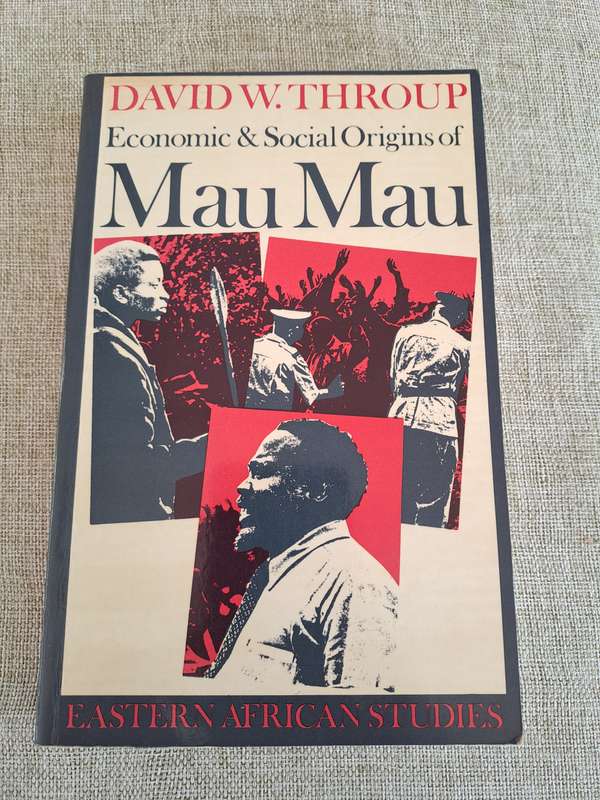
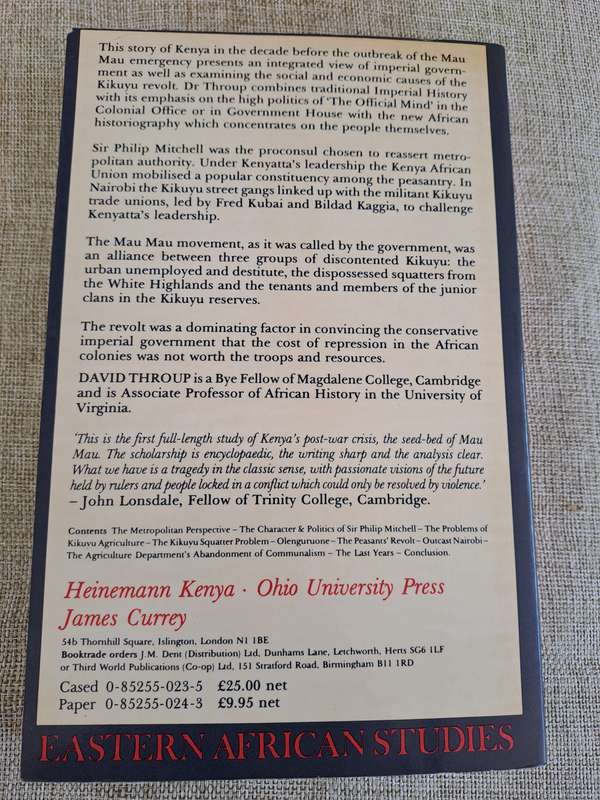
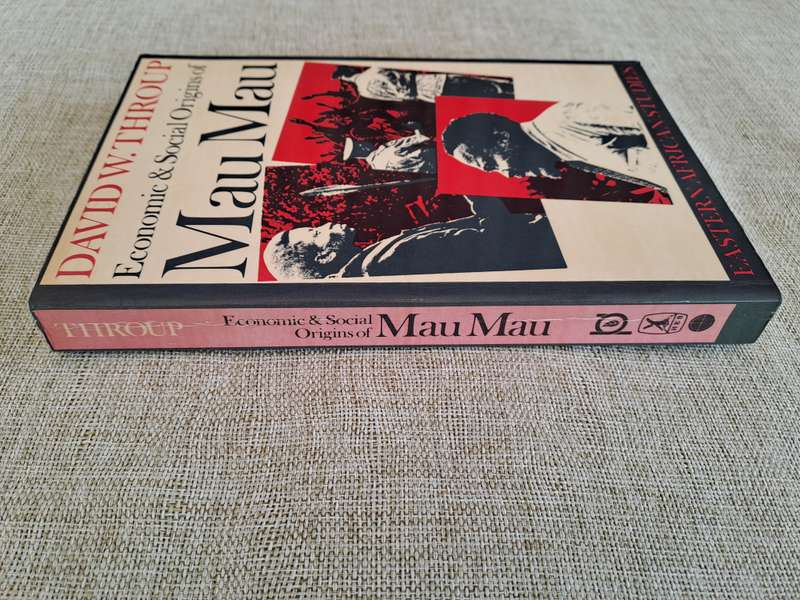
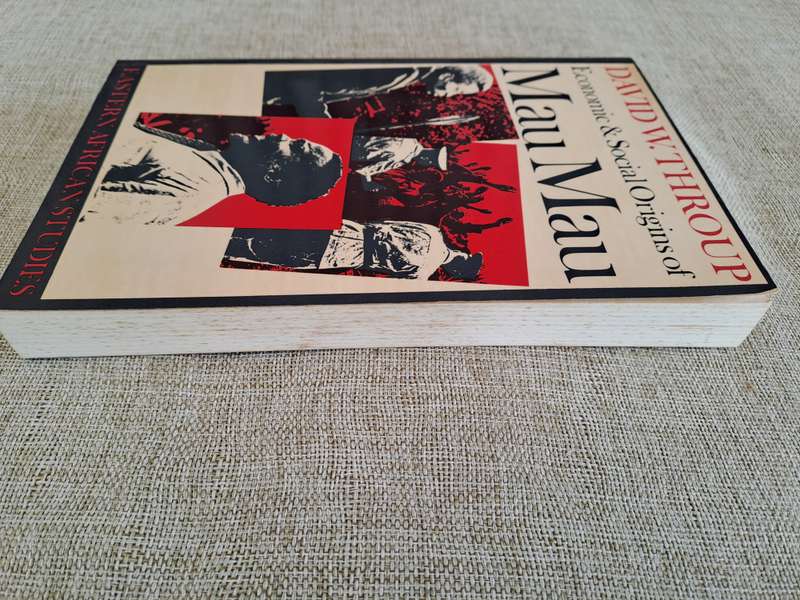
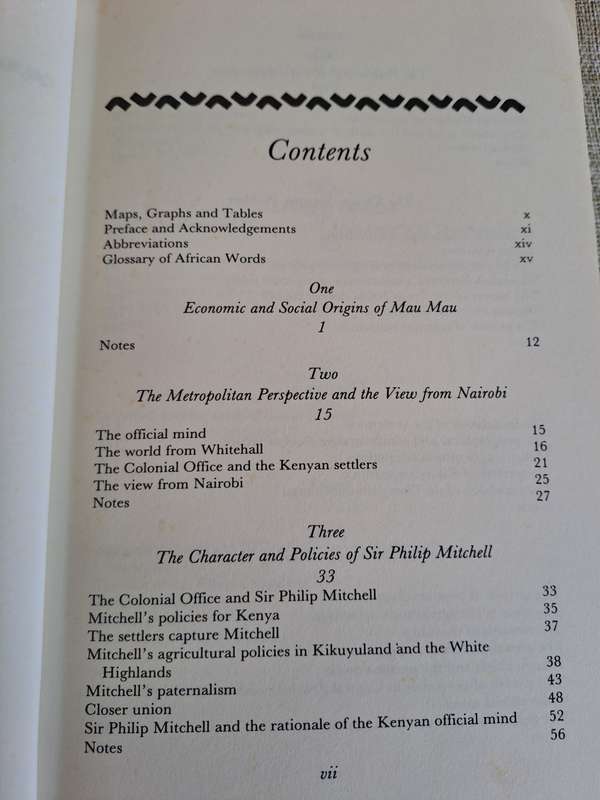
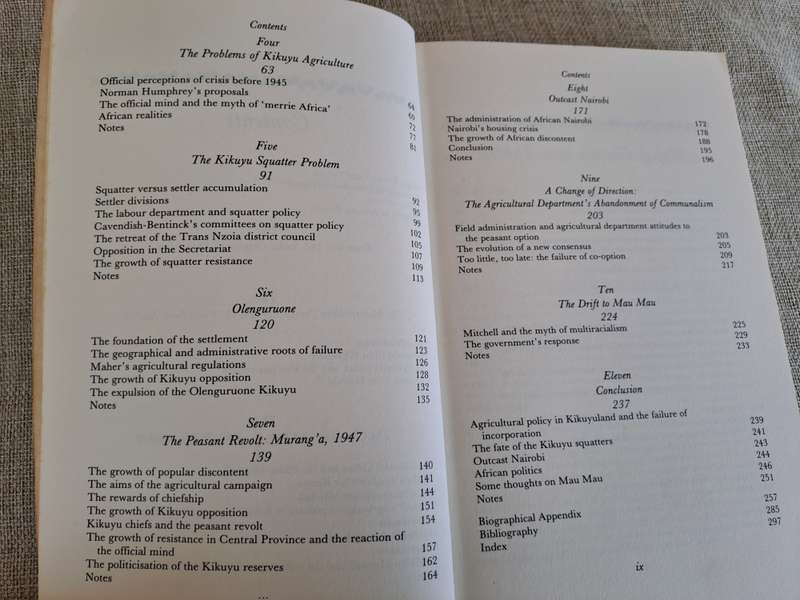
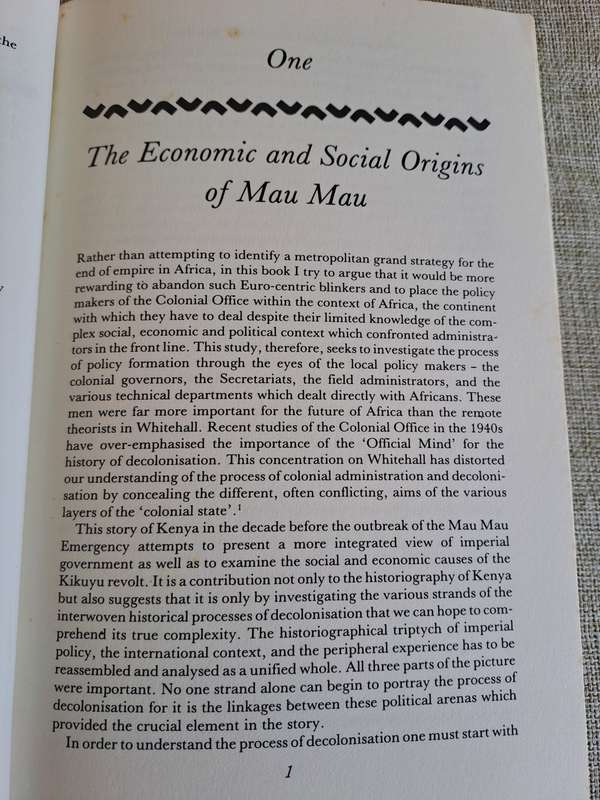
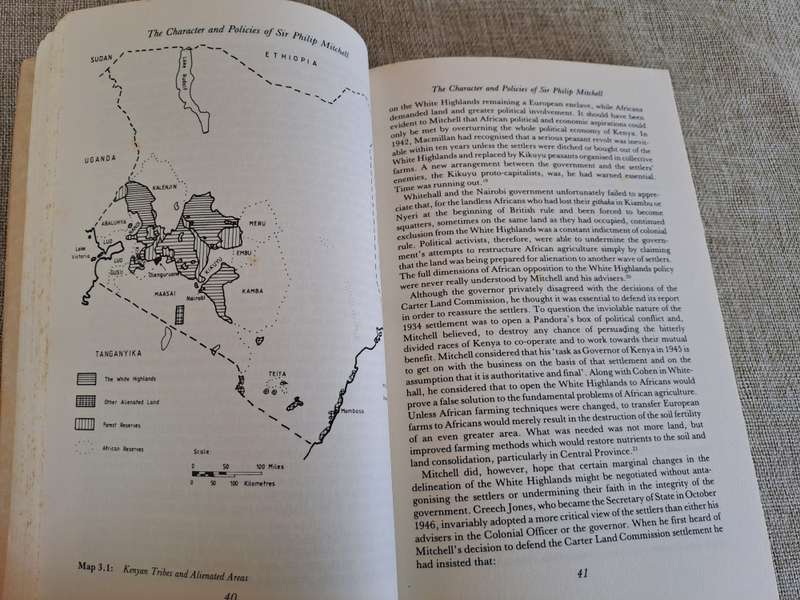
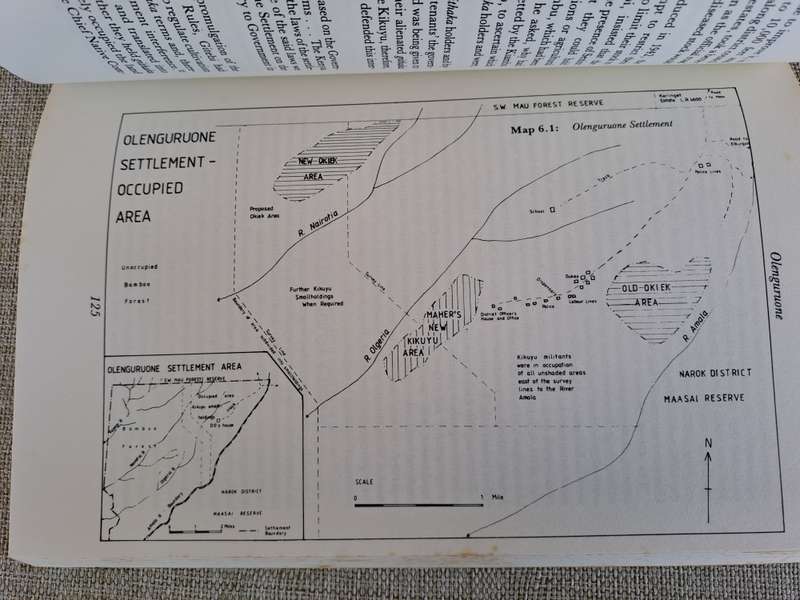
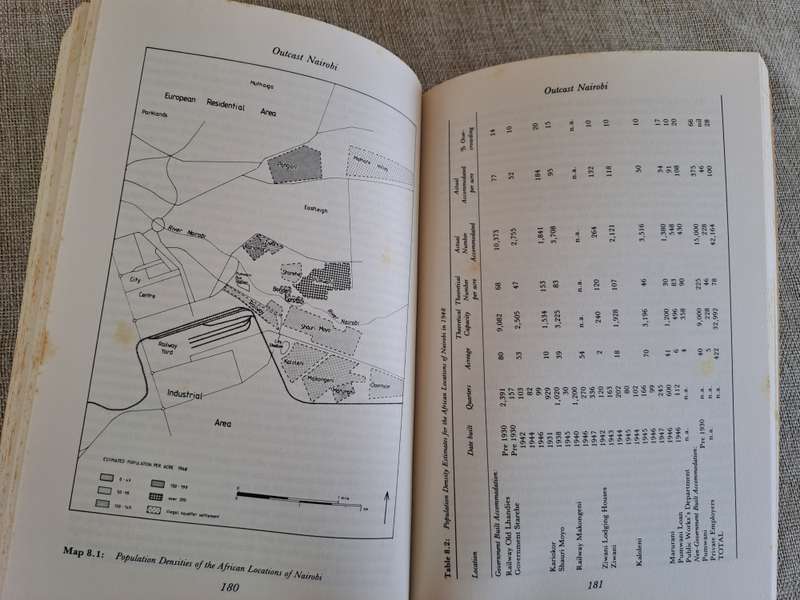
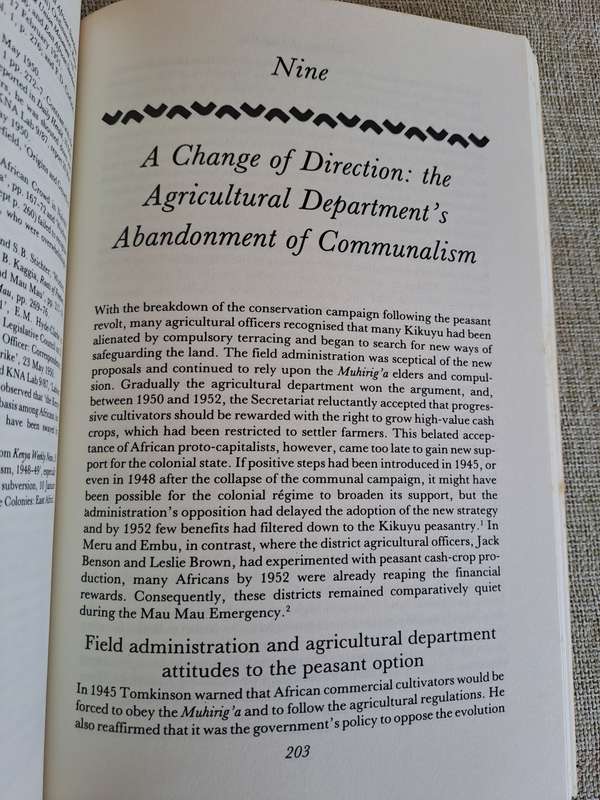





Economic & Social Origins of Mau Mau 1945-53
Check my rate
| Main centres: | 1-3 business days |
| Regional areas: | 3-4 business days |
| Remote areas: | 3-5 business days |
















| Main centres: | 1-3 business days |
| Regional areas: | 3-4 business days |
| Remote areas: | 3-5 business days |
Sir Philip Mitchell was the proconsul chosen to reassert metropolitan authority. Under Kenyatta's leadership the Kenya African Union mobilized a popular constituency among the peasantry. In Nairobi the Kikuyu street gangs linked up with the militant Kikuyu trade unions, led by Fred Kubai and Bildad Kaggia, to challenge Kenyatta's leadership.
The Mau Mau movement, as it was called by the government, was an alliance between three groups of discontented Kikuyu: the urban unemployed and destitute, the dispossessed squatters from the White Highlands and the tenants and members of the junior clans in the Kikuyu reserves.
The revolt was a dominating factor in convincing the conservative imperial government that the cost of repression in the African colonies was not worth the troops and resources.
By: David W. Throup
Pages: 304
Dimensions: ± 21.5 cm x 13.5 cm
Softcover. Good condition. Pages lightly tanned with age spotting on page edging, inside front cover and inside back cover.